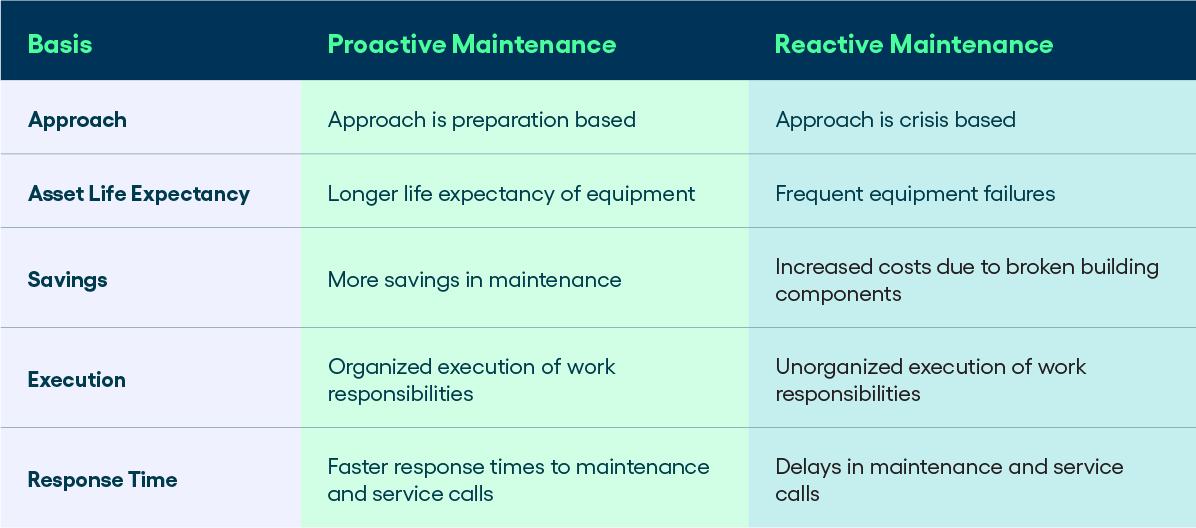
Introduction:
Proactive coding involves anticipating challenges and strategically addressing them before they become obstacles. In this article, we’ll explore a collection of proactive coding tips aimed at enhancing efficiency and ensuring a smoother development process.
Early Planning and Requirement Analysis:
Start your coding journey with comprehensive planning and requirement analysis. Understanding the project scope and requirements early on allows you to make informed decisions and set a solid foundation. Proactive planning helps prevent issues that may arise from unclear or changing requirements later in the development process.
Adopting Test-Driven Development (TDD):
Test-Driven Development (TDD) is a proactive approach where you write tests before writing the actual code. This ensures that your code meets the specified requirements and catches potential issues early. TDD leads to more reliable code, reduces debugging time, and fosters a structured development process.
Regular Code Reviews and Pair Programming:
Proactively ensuring code quality is essential. Regular code reviews and pair programming sessions provide opportunities for team members to catch mistakes, share knowledge, and maintain coding standards. This collaborative approach helps identify potential issues before they manifest into significant challenges.
Automated Continuous Integration (CI) and Deployment (CD):
Implementing automated Continuous Integration and Deployment pipelines is a proactive step towards ensuring a stable and efficient development workflow. CI/CD helps catch integration issues early, reduces manual errors, and enables a more streamlined deployment process, fostering a culture of continuous improvement.
Documentation as a Proactive Measure:
Thorough documentation is a proactive practice that pays off throughout the development lifecycle. Documenting code, architecture, and decisions ensures clarity for both current and future developers. Well-documented projects are more maintainable, making it easier to address issues and implement enhancements.
Scalability Considerations:
Anticipating future growth and considering scalability during the initial development stages is a proactive strategy. Design your system with scalability in mind, making it easier to handle increased loads and adapt to evolving requirements. This foresight minimizes the need for major rewrites or restructuring down the line.
Security as a Priority:
Proactively addressing security concerns is crucial. Incorporate security practices from the beginning, such as input validation, encryption, and secure coding guidelines. Regular security audits and proactive measures against common vulnerabilities help safeguard your application and user data.
Monitoring and Analytics Integration:
Implementing proactive monitoring and analytics tools is essential for identifying issues before they impact users. Integrating monitoring solutions helps track performance metrics, detect anomalies, and gather insights into user behavior. This data-driven approach enables proactive decision-making and issue resolution.
Adapting to Emerging Technologies:
Staying informed about emerging technologies is a proactive strategy for future-proofing your code. Regularly assess new tools, frameworks, and methodologies to ensure your development stack remains efficient and relevant. Proactively adopting innovations allows your codebase to evolve with the industry.
Continuous Learning and Skill Development:
Proactive coding extends to personal development. Foster a mindset of continuous learning, staying updated on coding best practices, and acquiring new skills. This proactive approach ensures that you remain a proficient and adaptable developer, ready to tackle new challenges and opportunities.
Conclusion: Embracing Proactivity in Coding:
Proactive coding is about more than just writing lines of code; it’s a holistic approach that considers the entire development lifecycle. By adopting these proactive coding tips, you can create robust, efficient, and future-ready software that stands up to the challenges of the dynamic world of programming.
To explore more about Proactive Coding Tips, visit boydmillerwebdesign.com. Elevate your coding practices and embrace a proactive approach to software development.






![Average Renovation Costs in [Your Location] Average Renovation Costs in [Your Location]](https://images.unsplash.com/photo-1517103278237-421a1cb020fa?fm=jpg&q=60&w=3000&ixlib=rb-4.0.3&ixid=M3wxMjA3fDB8MHxzZWFyY2h8M3x8aG93JTIwbXVjaCUyMHJlbm92YXRpb24lMjBjb3N0fGVufDB8MHwwfHx8Mg%3D%3D)



